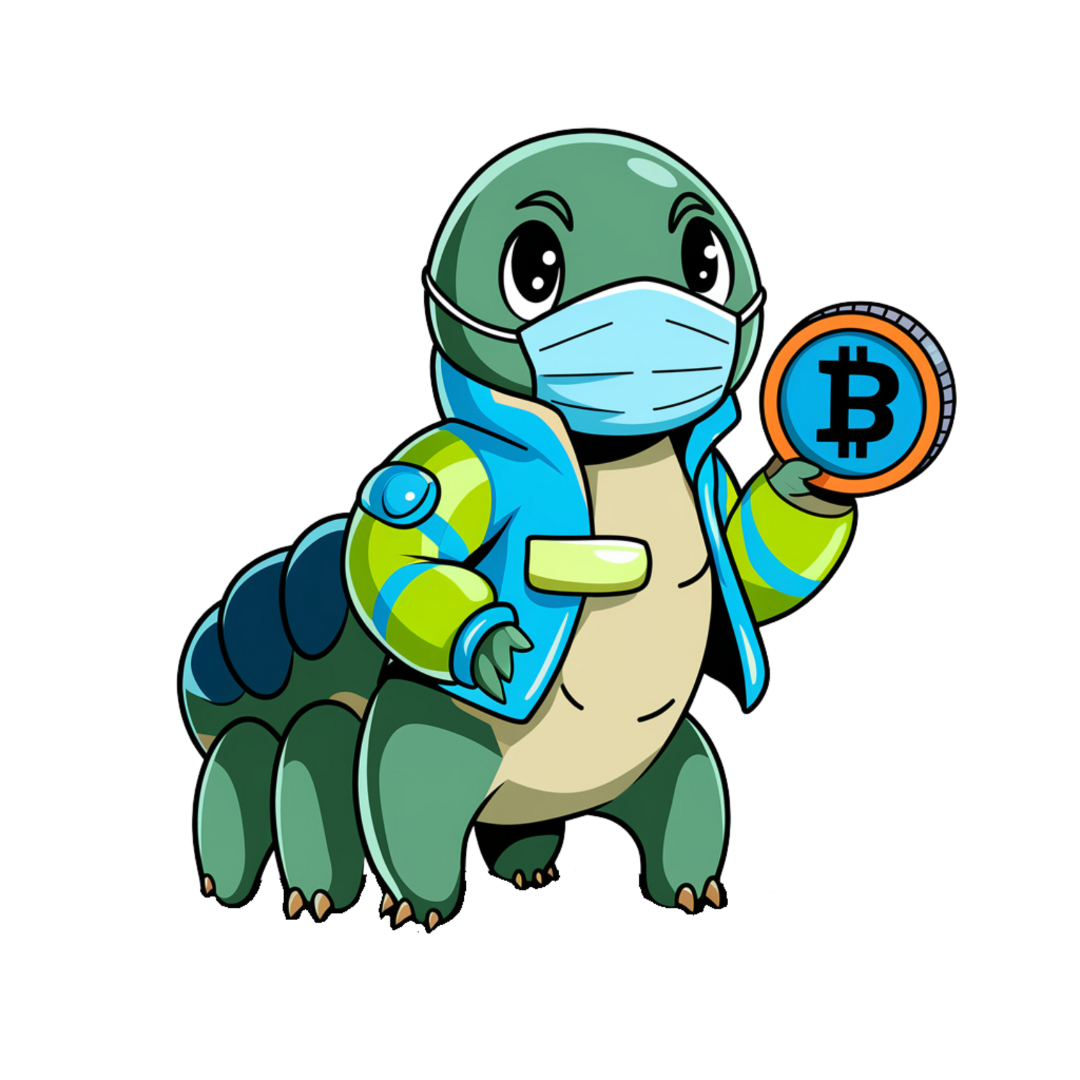Introduction
Traditional scientific research often feels stuck in its old ways. Most studies rely on central funding, controlled access to data, and slow publication processes. These hurdles can slow progress and block new ideas from spreading fast. Now, a new movement called Decentralized Science (DeSci) is changing how science works. Using blockchain tech, cryptocurrencies, and open platforms, DeSci aims to make research more fair, transparent, and fast. This shift could lead to quicker discoveries, more trust, and broader participation from scientists everywhere.
Understanding Decentralized Science (DeSci)
What Is DeSci?
Decentralized Science is a way to run research projects without relying on one big organization. Instead, it spreads control across many people. The core idea is to use blockchain—like a digital ledger—to record and share scientific info. This makes data tamper-proof and accessible to all. Unlike traditional labs or universities, DeSci promotes open access and community involvement. It aims to break down barriers that keep knowledge locked behind paywalls or gatekeepers.
Core Components of DeSci
- Decentralized funding models: Instead of waiting for grants from big agencies, researchers can raise money using tokens or investments from the public. Some projects use DAO (Decentralized Autonomous Organization) governance to let supporters vote on funding decisions.
- Open-access data and publications: All research results are shared openly online. No more hiding data behind paywalls or restrictive journals.
- Collaborative platforms: Blockchain powers platforms that connect researchers worldwide. They can share data, run tests, and review each other’s work securely and transparently.
Why DeSci Matters
Traditional research often hits walls like limited funding, publication bias, or restricted access. DeSci aims to fix these issues by opening the doors wider. It promotes clear, reproducible experiments and lets communities validate results. Since blockchain keeps records unchangeable, trust improves. More eyes and diverse voices can now join in, making science more fair and effective.
Key Technologies Driving DeSci
Blockchain and Smart Contracts
Blockchain is the backbone of DeSci. It keeps records secure, transparent, and accessible. Think of it as a shared Google Doc that no one can erase. Smart contracts are self-executing codes stored on the blockchain, automating tasks like funding or peer review. If certain conditions are met—say, an experiment passes verification—the contract releases funds automatically. This process cuts down delays and reduces fraud.
Cryptocurrencies and Tokenization
Tokens are digital assets used to motivate participation. Researchers can earn tokens for sharing data, reviewing papers, or collaborating. These tokens might also give holders voting rights or access to resources. Some DeSci projects use token systems to create fair and active communities that drive innovation and trust.
Decentralized Platforms and Protocols
Platforms like LabDAO, Cosmos, and Ocean Protocol provide spaces for open science. They include features like open data repositories, community-driven decision-making, and easy collaboration tools. These platforms connect scientists from different countries, breaking down geographic and institutional barriers.
Real-World Examples and Case Studies
Initiatives and Projects
- LabDAO: A network that helps scientists work together on experiments without traditional institutions. They share resources and ideas openly.
- Collab.Lab: Uses blockchain to track proofs of research and ensure data authenticity.
- Academic experiments: Some universities are testing DeSci ideas, letting students and researchers access data and publish results openly.
Success Stories
DeSci has proven its value in several ways. For example, some projects sped up research by allowing instant funding and open collaboration. Others increased transparency, making it easier to verify results. This openness can lead to better funding options and a faster way for scientific papers to reach the public.
Expert Perspectives
Leaders in science and blockchain see big potential in DeSci. They believe decentralized systems will make research more inclusive and efficient. As one researcher put it, “DeSci is changing the rules of how science gets done. It opens doors for many more people to contribute.”
Challenges and Limitations of DeSci
Technological and Infrastructure Constraints
Blockchain networks are still working on handling large amounts of data. Speed and scalability can be issues. Privacy is another concern—some research involves sensitive info that must be protected.
Adoption Barriers
Traditional institutions may hesitate to join DeSci. Familiar systems still dominate, and many scientists don’t know much about blockchain. Building trust and understanding takes time.
Regulatory and Ethical Considerations
Decentralized research raises questions on who owns the data or results. Protecting intellectual property rights while sharing openly can get complicated. Regulations are also catching up, so legal rules around DeSci are still being developed.
Practical Tips for Engaging with DeSci
- Researchers: Start by exploring platforms like Ocean Protocol or LabDAO. Share your data openly and participate in community discussions.
- Investors: Look for DeSci projects with strong teams and clear goals. They can be early supporters of innovative research.
- Institutions: Consider pilot programs with blockchain-enabled collaboration tools. Support open-access publishing and open data initiatives.
Future Outlook and Opportunities
DeSci is just getting started. Expect more platforms, better tools, and easier ways to participate. It has the potential to reshape research worldwide—making it more fair, fast, and transparent. Stakeholders who embrace DeSci early could help solve big problems faster than ever before.
Conclusion
Decentralized Science is opening new doors for research everywhere. It aims to make science more accessible, trustworthy, and collaborative. As technology improves and more people join in, DeSci could become a major force in innovation. It’s an exciting time where everyone—scientists, investors, and the public—can help push knowledge forward. Now’s the moment to support and get involved in this transformative movement.
Join Us : Twitter | Website | GitHub | Telegram | Facebook | YouTube

























